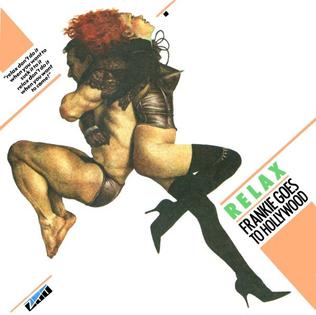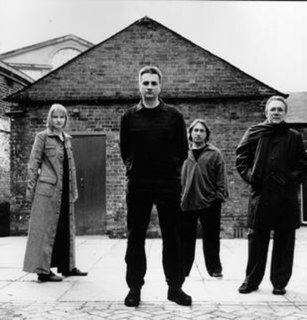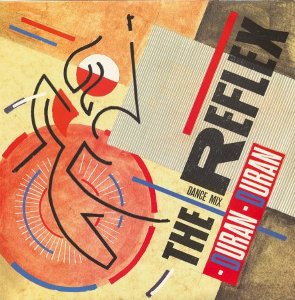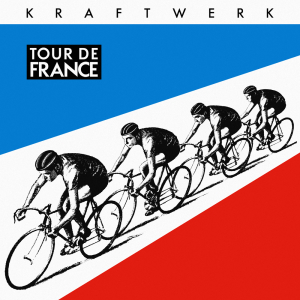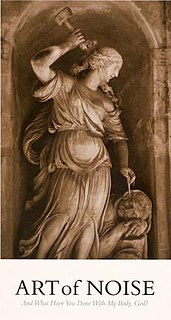| "Beat Box" | ||||
|---|---|---|---|---|
| Single by Art of Noise | ||||
| from the album Into Battle with the Art of Noise | ||||
| Released | December 1983 | |||
| Recorded | 1983 | |||
| Genre | Hip hop [1] | |||
| Length | 4:48 (Album version) 2:55 (7" edit) 8:30 (12" remix) | |||
| Label | ||||
| Songwriter(s) | ||||
| Producer(s) | Trevor Horn | |||
| Art of Noise singles chronology | ||||
| ||||
"Beat Box" is a song by the British group Art of Noise. Originally appearing as the second track on the 12" EP Into Battle with the Art of Noise , it was released as the group's first single in December 1983.
Contents
- Formats and track listing
- 7": ZTT. / ZTIS 103 United Kingdom
- 7": ZTT. / ZTIS 108 United Kingdom
- 12": ZTT. / ZTIS 108 United Kingdom
- 7": ISL. / Island Records 7-99782 United States
- 7": ISL. / Island Records PR 595 United States
- 12": ISL. / Island Records 0-96859 United States
- 7": ISL. / Island Records 106.371 The Netherlands
- Versions
- Charts
- See also
- References
- External links
"Beat Box" is an instrumental, experimental piece that implements sounds and noises (such as car key ignitions, falling drain water, and calliope music — most notably on the chorus) to ride the rhythm of the beat (a sample of drums played by Alan White of the rock band Yes).
As a single, the song reached the lower regions of the UK Singles Chart, where it peaked at no. 92. It was more popular with dance music and (particularly) hip hop audiences, and in February 1984 the song reached no. 1 on the American dance chart, [2] where it remained for two weeks. [3] "Beat Box" was a hit on the Black Singles chart, where it reached no. 10. [2] The US 7" single spent 5 weeks on the Billboard Bubbling Under chart, starting 7 April 1984 and spending two weeks at no. 101, the chart's top position. [4]
After the original "Beat Box" grew popular, Art of Noise decided to expand on the tune by adding on more instruments and sounds, giving the song a completely different outlook and practically drowning out the hip hop element that now only remained in the drum beat itself. Two remix cuts resulted from this session and were initially released on 12" single in 1984 and referred to as "Diversion One" and "Diversion Two", along with the song "Moments in Love". The original unremixed version has retroactively been dubbed "Diversion Zero" by fans, though it was never officially released under this title. Other remixes were issued, and are officially subtitled variously as Diversions Three, Four, Six, Seven and Ten.
The song as well as another Art of Noise song, "Moments in Love", can be heard in the video game Grand Theft Auto: Vice City Stories and Grand Theft Auto V . It also formed the basis for the theme for the British game show, The Krypton Factor . A sample can be found in the song "Love Is Everywhere" by WestBam (a popular German DJ) & the Love Committee, which was an anthem for the Berlin Love Parade in 2007. Rapper Tech N9ne also samples the song for the single, "Bout Ta' Bubble" from his 2006 album, Everready (The Religion) .
The artwork of some editions has "Beat Box" as one word, "Beatbox".
The LP version of the group's second hit, "Close (to the Edit)" is nearly the same as "Beat Box (Diversion Two)". The former has 20 seconds cut from the middle, and reverb changes made at certain points in the mix, but is otherwise the same song.

